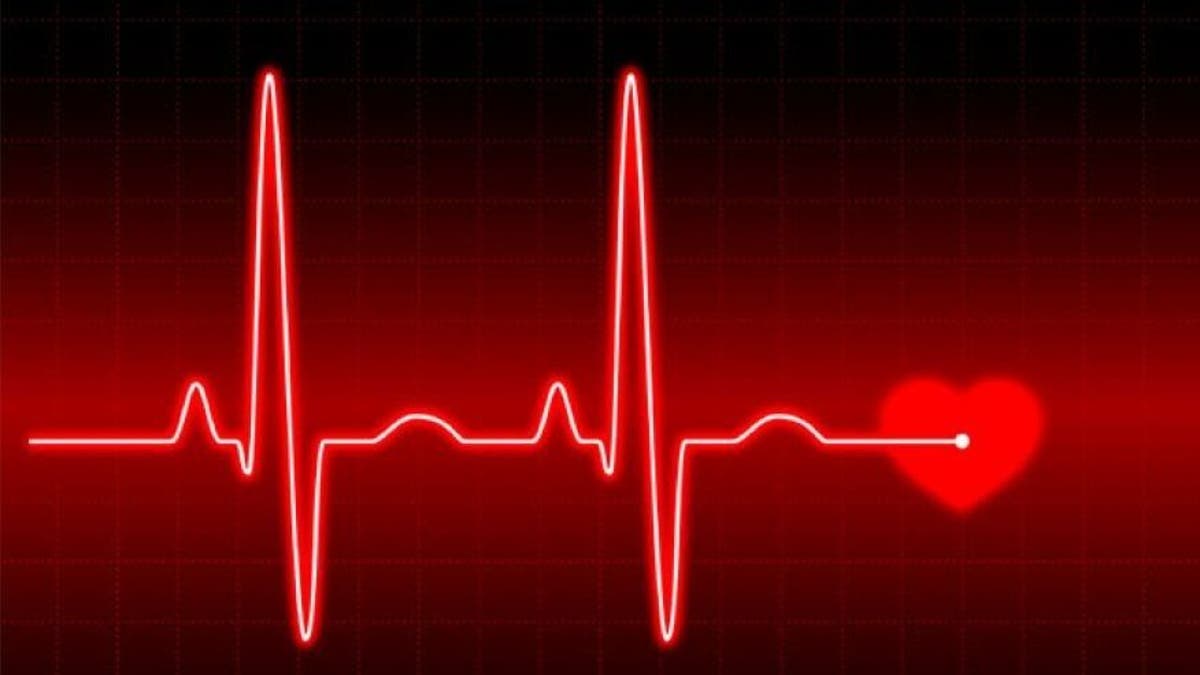
Eliminating a possibly unnecessary blood test used to determine eligibility of a donor heart for transplant may shorten lists for heart failure patients awaiting a transplant, suggests a study released this week by the American Heart Association. There are only between 2,000 and 2,400 heart transplants each year, while an average of 22 people die each day because a donor organ, including hearts, is not available, according to the Department of Health & Human Services.
The blood test measures for elevated levels of a protein called troponin I, which indicates heart muscle damage or heart attack. Hospitals eliminate donor organs with that elevation as well as those with diagnosed heart disease.
"If the heart looks okay but troponin I is elevated, many centers will reject the organ out of concern that this marker indicates dysfunction of the heart that will become evident after the stress of the transplant process. We looked at whether this is true," senior study author Dr. Snehal R. Patel, assistant professor of medicine at Montefiore Medical Center, Albert Einstein College of Medicine, in the Bronx, New York, said in a press release.
In their study, published Tuesday in Circulation: Heart Failure, Patel and his team analyzed outcomes of 10,943 adult heart transplant recipients registered in the national database of the United Network of Organ Sharing. According to the release, all the donor hearts had normal pumping function.
Researchers’ analysis suggested that elevated troponin I levels was not linked with an increased risk of death one year after transplant, and that there was no significant difference in individuals’ survival at 30 days, one year, three years and five years based on those protein levels.
The study didn’t find any difference in the proportion of patients who developed primary graft failure, a condition marked by pumping loss that occurs within the first 30 days of transplant, nor did it find a difference in the proportion who developed cardiac allograft vasculopathy, a rapid form of heart disease that can happen in donor hearts and limits their long-term success.
"Our research shows that transplant centers should not exclude donor hearts based solely on elevated troponin I if the organ is otherwise suitable. At our institution it has already changed how we evaluate donors, and I think this data will lead to changes nationwide," Patel said in the release.
